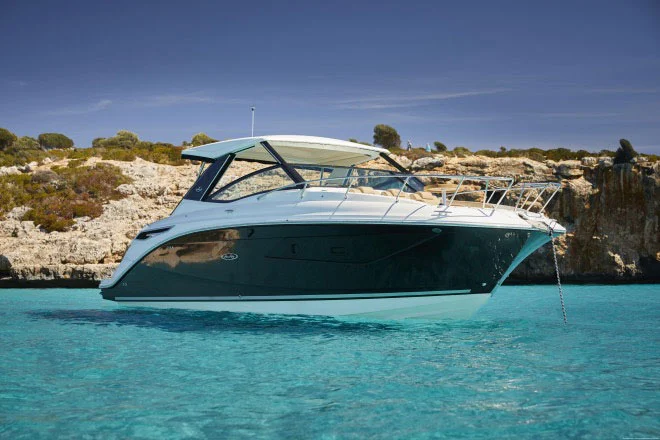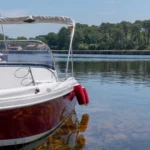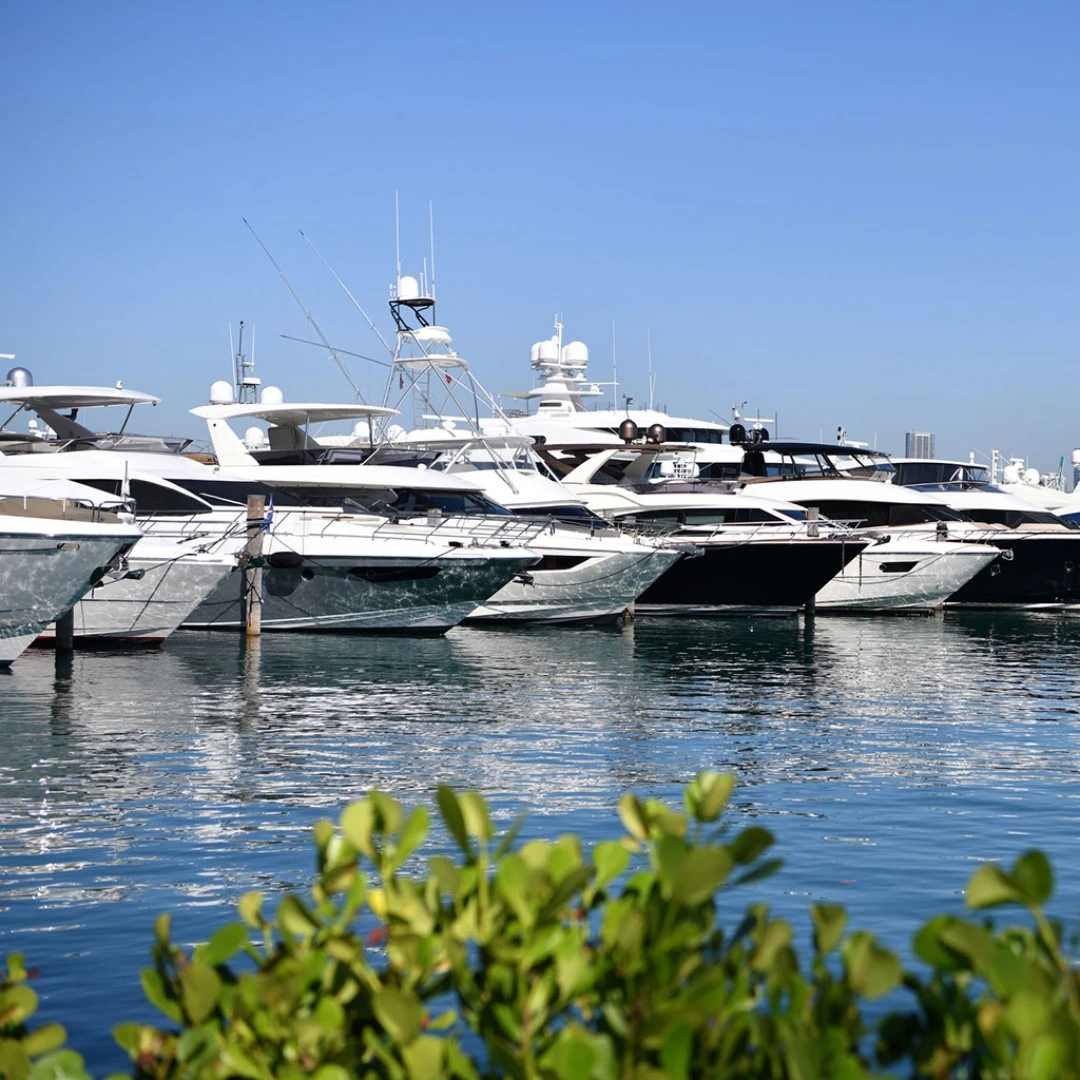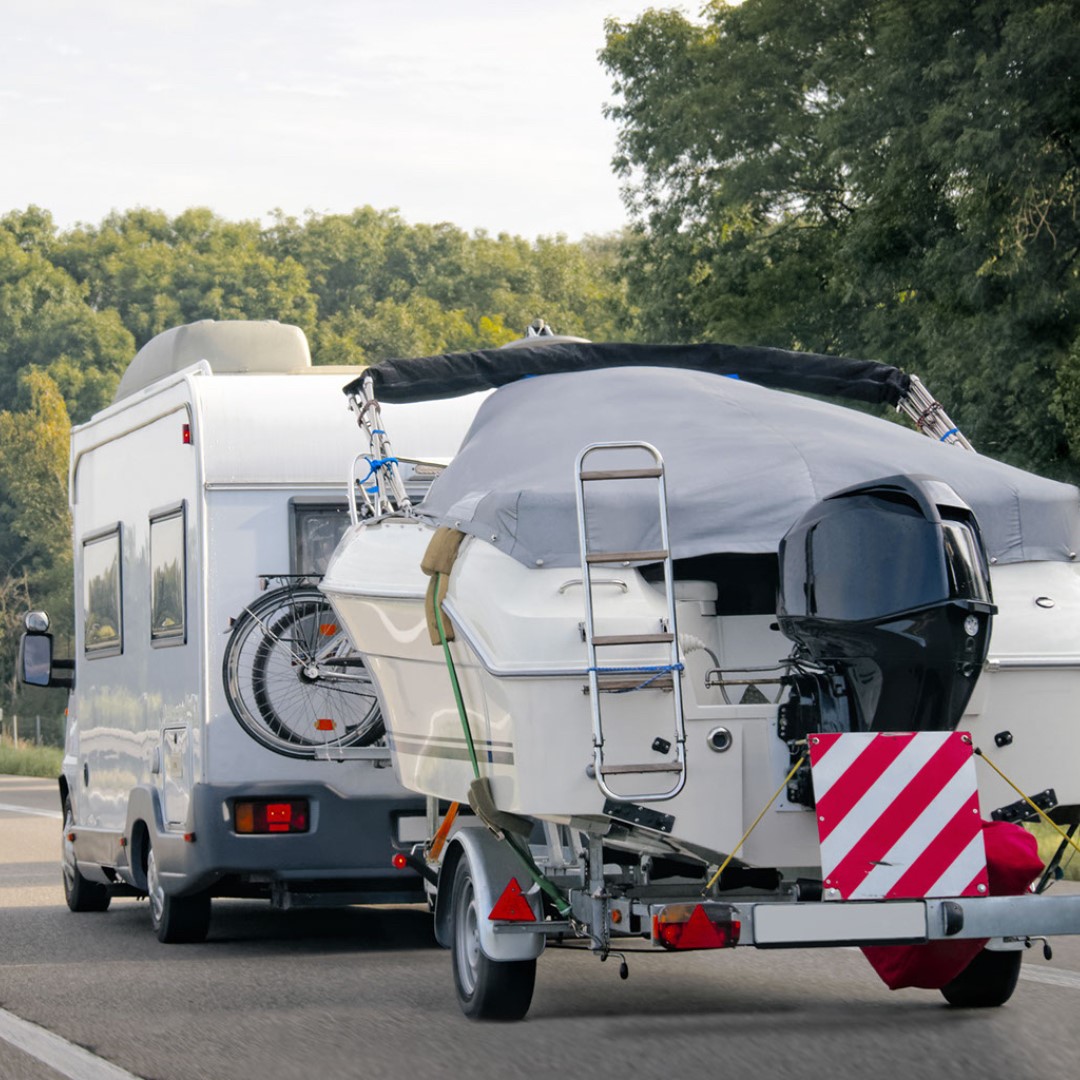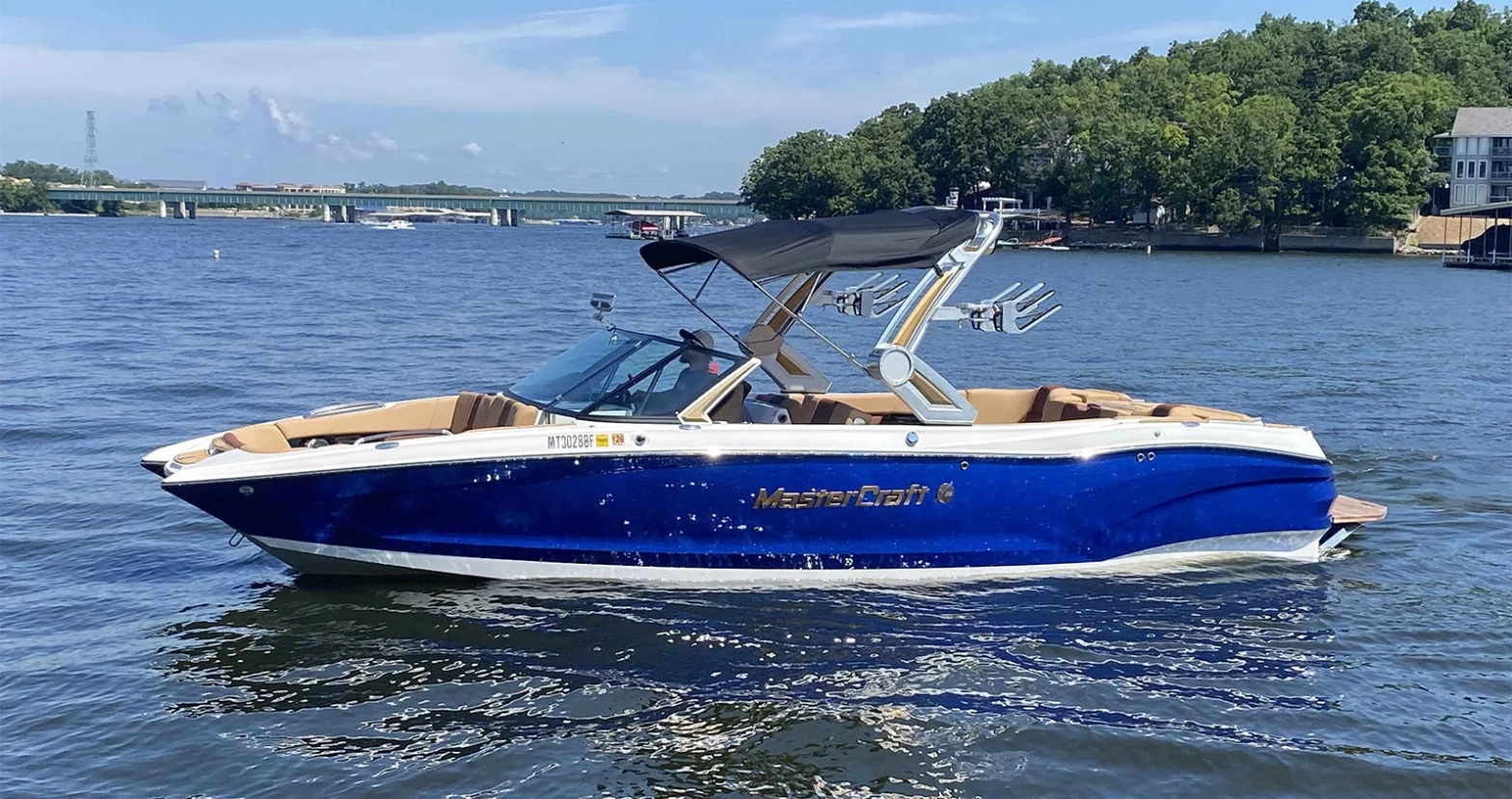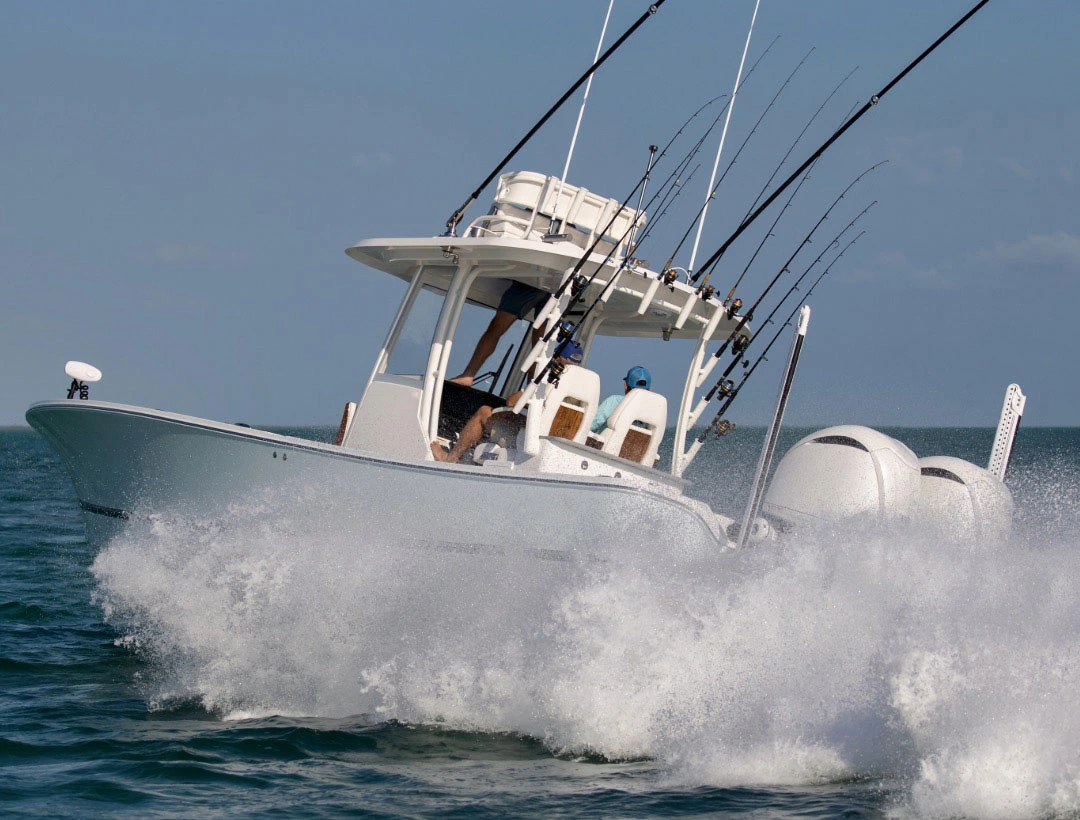So you’ve got your sights set on the open water – fantastic! But before you start shopping for that dream boat, it’s crucial to consider the ongoing costs. Buying new or used each comes with its own set of financial realities, especially when it comes to financing and insurance.
Here at Boatcrazy, we did a little research to help you decide which route of buying a boat you should take. We are making it easier for you to understand your options. So, let’s break down the key differences in financing and insurance for new and used boats, so you can make the best decision for your budget and boating lifestyle.
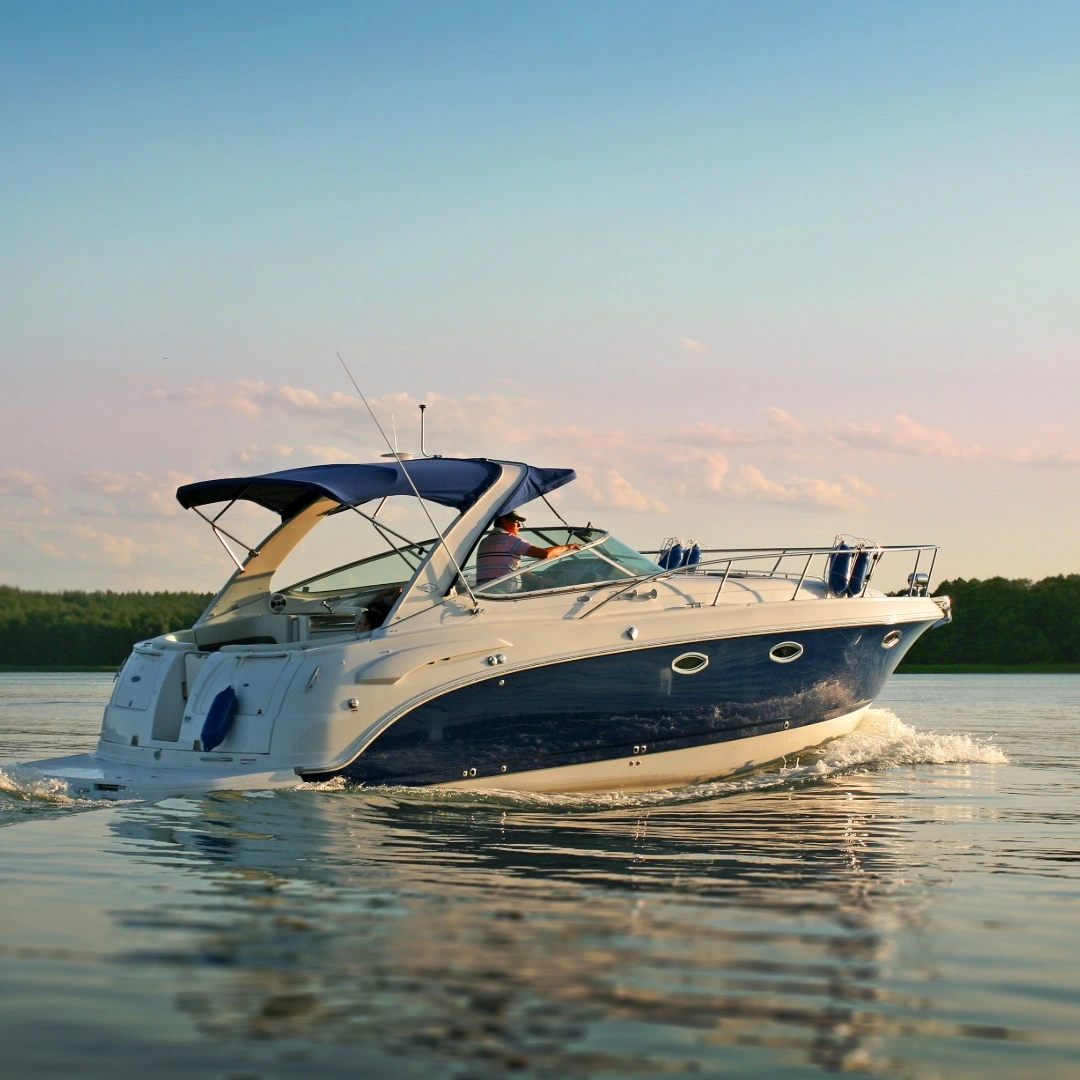
Loans on New vs. Used Boats
Financing is a critical aspect of boat ownership, and the age of the boat plays a significant role in your options and costs. At Boatcrazy, we make boat ownership more affordable and easier than ever. Whether you’re looking to purchase a new boat or refinance your existing loan, we can help. We are proud to partner with lenders who offer the best rates and provide fast, easy, low-interest financing for any boat, with no age or model restrictions.
Financing New Boats:
- Easier Approval: Lenders favor new boats, especially if you have a good credit score. New boats retain their value better and pose less risk, making approval easier.
- Longer Terms: Loans for new boats often come with longer terms, translating to lower monthly payments. However, this also means paying interest over a more extended period.
Financing Used Boats:
- Challenges with Older Boats: Obtaining a loan for boats older than ten years can be tough. Lenders worry about the boat’s longevity and your ability to repay the loan if the boat requires significant repairs.
- Higher Interest Rates: Used boats typically attract higher interest rates and shorter loan terms, resulting in higher monthly payments.
Insurance on New vs. Used Boats
Insurance is another crucial factor in boat ownership, with the age of the boat significantly influencing premiums.
Insuring New Boats:
- Discounts and Lower Premiums: New boats often qualify for various discounts, resulting in lower premiums due to their condition and modern safety features.
- Warranties: Manufacturer warranties on new boats can reduce the number of claims, keeping your premiums lower.
- Higher Premiums: Older boats generally have higher insurance premiums because of the increased risk of mechanical issues and repairs.
- Limited Coverage Options: Insurance for older boats might come with higher deductibles and fewer coverage options. Shopping around is essential to find the best policy.
- Lower Initial Maintenance: New boats typically require less maintenance in the first few years, which can lower your overall costs.
- Scheduled Servicing: Regular servicing as per the manufacturer’s guidelines helps maintain warranty coverage and ensures the boat remains in optimal condition.
- Higher Maintenance Needs: Older boats may require more frequent and costly repairs. Parts for older models can be harder to find and more expensive.
- Unexpected Repairs: The likelihood of unexpected repairs increases with the boat’s age, adding to the ownership cost.
- New Boats: Modern boats often come with more fuel-efficient engines and eco-friendly technologies, reducing fuel costs and environmental impact.
- Used Boats: Older boats may have less efficient engines, resulting in higher fuel costs over time.
- Emissions Standards: Newer boats must comply with the latest emissions standards, making them a greener choice.
- Sustainable Practices: Consider using eco-friendly cleaning products and reducing plastic waste to minimize your environmental footprint.
- Advanced Features: New boats often come equipped with the latest navigation, safety, and entertainment technologies.
- Integration: Modern systems for monitoring fuel consumption, engine health, and navigation can improve efficiency and safety.
- Upgrades Possible: While older boats may not come with the latest technology, many can be upgraded to include modern systems.
- Cost Considerations: Upgrading a used boat can be costly, but it can also extend the boat’s usability and enjoyment.
Insuring Used Boats:
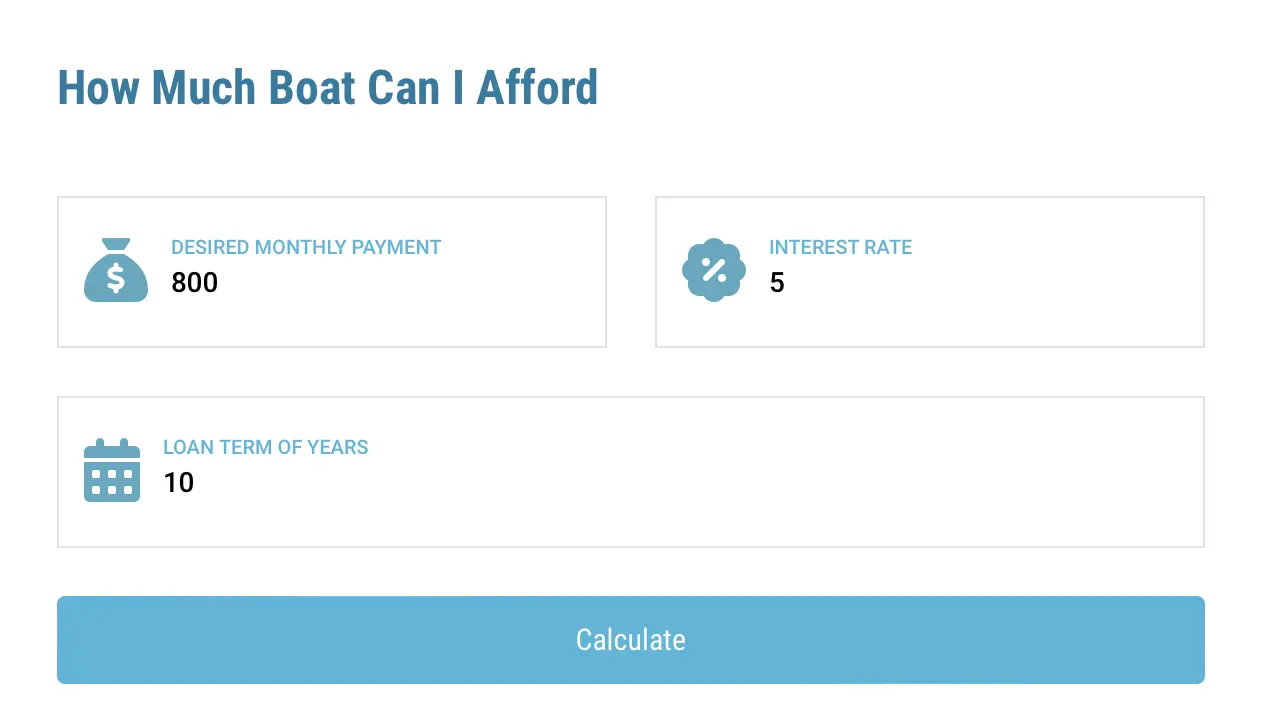
Maintenance Costs
Maintenance is a significant ongoing cost that varies with the boat’s age and condition.
New Boats:
Used Boats:
Fuel Efficiency and Environmental Considerations
Fuel efficiency and environmental impact are increasingly important factors for boat owners.
Fuel Efficiency:
Environmental Impact:
Technological Advancements
Technological innovations can enhance your boating experience and impact costs.
New Boats:
Used Boats:
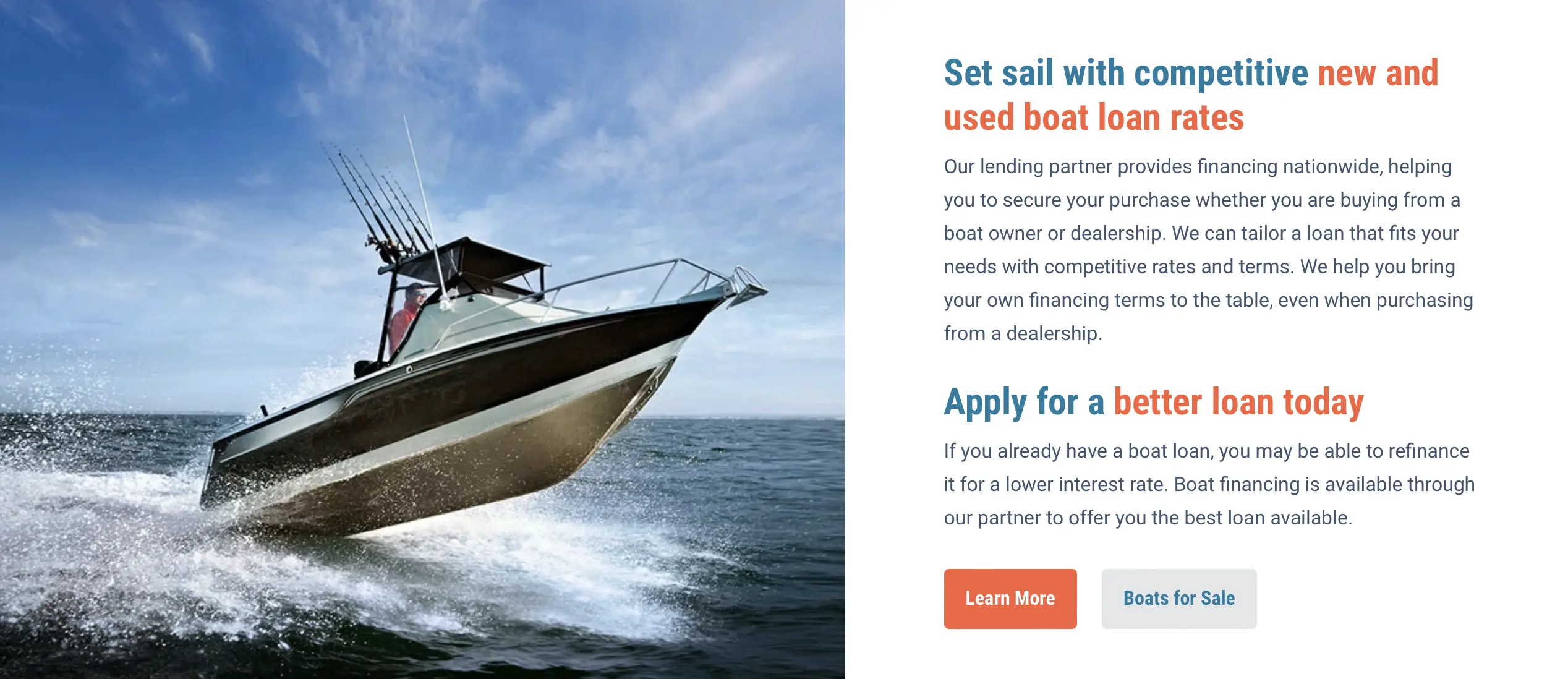
Making the Right Choice
When deciding between a new and used boat, these are the points you need to consider before heading into boat ownership.
Budget: Determine your affordability for the down payment and monthly payments, considering both short-term and long-term financial impacts.
Insurance Costs: Obtain quotes for both new and used boats to understand potential premium differences. Your boating experience and safety record can also affect these costs.
Resale Value and Depreciation: New boats depreciate quickly, whereas used boats might retain their value better. Consider how long you plan to keep the boat and how depreciation will impact your investment.
Read next – Top 5 Best Boats For Beginners
So, you’ve crunched the numbers, weighed the pros and cons, and have a better understanding of financing and insurance for new vs. used boats. Now you’re one step closer to setting sail on your dream adventure!
Here at Boatcrazy, we encourage you to take the next step with confidence. Remember, the best boat is the one that fits your budget and boating lifestyle.
Happy Boating!
Read Next
How To Get Started As A First-Time Boat Owner
